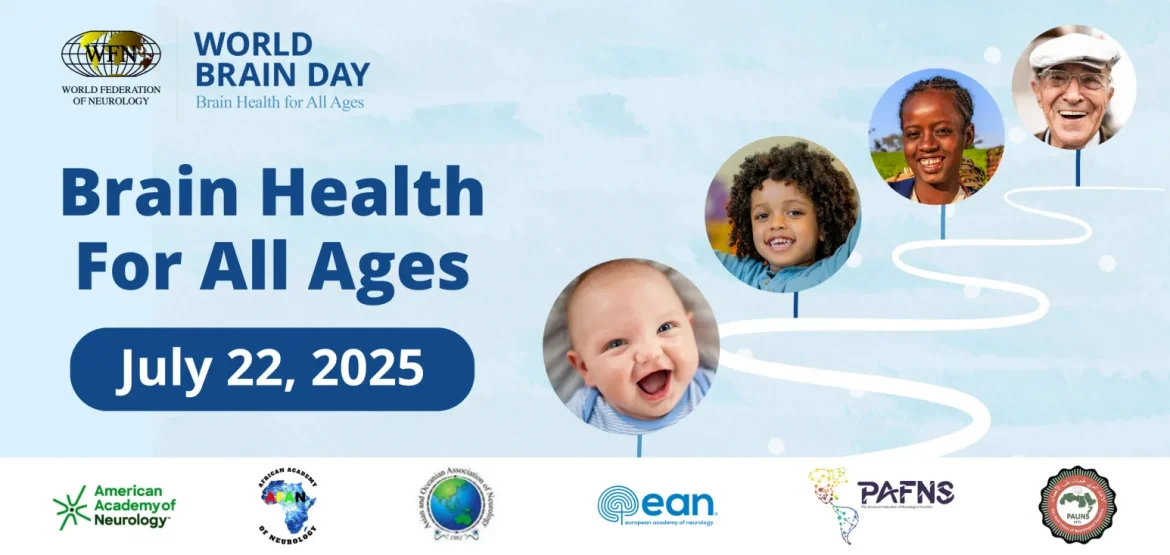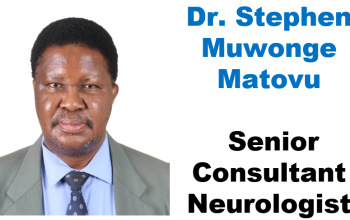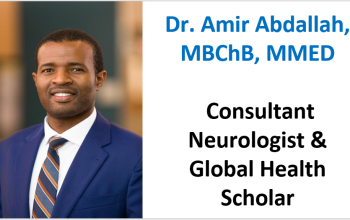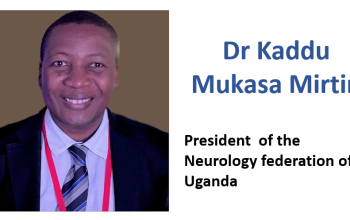Brain health isn’t a moment in time—it’s a lifelong commitment.
World Brain Day is observed annually on July 22nd to raise global awareness about the importance of brain health and neurological disorders. Initiated by the World Federation of Neurology (WFN) in 2014, World Brain Day serves as a platform to educate individuals, health professionals, and policymakers about the burden of neurological diseases and to promote preventative strategies, early diagnosis, and access to care. Each year focuses on a specific theme—ranging from epilepsy and stroke to Parkinson’s disease and multiple sclerosis—bringing attention to conditions that affect millions worldwide.
The Significance of World Brain Day
The brain is arguably the most vital organ in the human body, responsible for controlling thoughts, emotions, movement, breathing, and every other bodily function. Despite this, brain health has historically been neglected in public health agendas, especially in low- and middle-income countries. Neurological disorders are now among the leading causes of disability and death globally. World Brain Day plays a crucial role in closing this gap.
Here are several reasons why this day is of paramount importance:
1. Raising Awareness About Neurological Disorders
Over 1 billion people worldwide suffer from neurological conditions such as stroke, Alzheimer’s disease, Parkinson’s disease, epilepsy, migraine, brain tumors, multiple sclerosis, and traumatic brain injuries. Many of these conditions are either preventable, treatable, or manageable. World Brain Day draws attention to these issues and encourages people to seek timely medical help, thereby reducing disability and improving quality of life.
2. Promoting Brain Health Across the Lifespan
Brain health starts from the womb and continues through old age. Factors such as nutrition, exercise, mental stimulation, sleep, and avoiding harmful substances all contribute to a healthy brain. By focusing on prevention and lifestyle modifications, World Brain Day promotes holistic brain wellness, not just the treatment of disease.
3. Combating Stigma and Misconceptions
In many cultures, neurological conditions are misunderstood, feared, or stigmatized. Epilepsy, for example, is still viewed in some societies as a spiritual affliction rather than a neurological disorder. World Brain Day provides an opportunity to dispel myths and promote empathy, inclusion, and dignity for people living with neurological disorders.
4. Encouraging Policy Change and Research Investment
World Brain Day is also a call to action for governments, healthcare organizations, and international bodies to invest in brain research, improve access to neurology services, and prioritize mental and neurological health in their policies. The day can catalyze efforts to strengthen health systems, especially in underserved regions.
5. Global Collaboration and Education
The day fosters collaboration between international neurology societies, universities, hospitals, advocacy groups, and patient organizations. Through webinars, public lectures, media campaigns, and health fairs, World Brain Day becomes a global classroom for brain health education.
World Brain Day Themes (Selected Examples):
- 2024 Theme: Brain Health and Prevention – Highlighting the role of healthy lifestyle habits and risk factor control.
- 2023 Theme: Brain Health and Disability – Focusing on the burden of neurological disability and the need for rehabilitation.
- 2022 Theme: Brain Health for All – Promoting equity in access to care and brain health services worldwide.
Conclusion
World Brain Day is not just a date on the calendar—it is a movement that underscores the critical importance of neurological health. As the global population ages and the incidence of brain disorders rises, the need for awareness, research, and accessible care becomes ever more urgent. Everyone—from healthcare professionals and researchers to policymakers and the general public—has a role to play in protecting and promoting brain health.
“Your brain is your greatest asset. Let’s keep it healthy—today and every day.”



